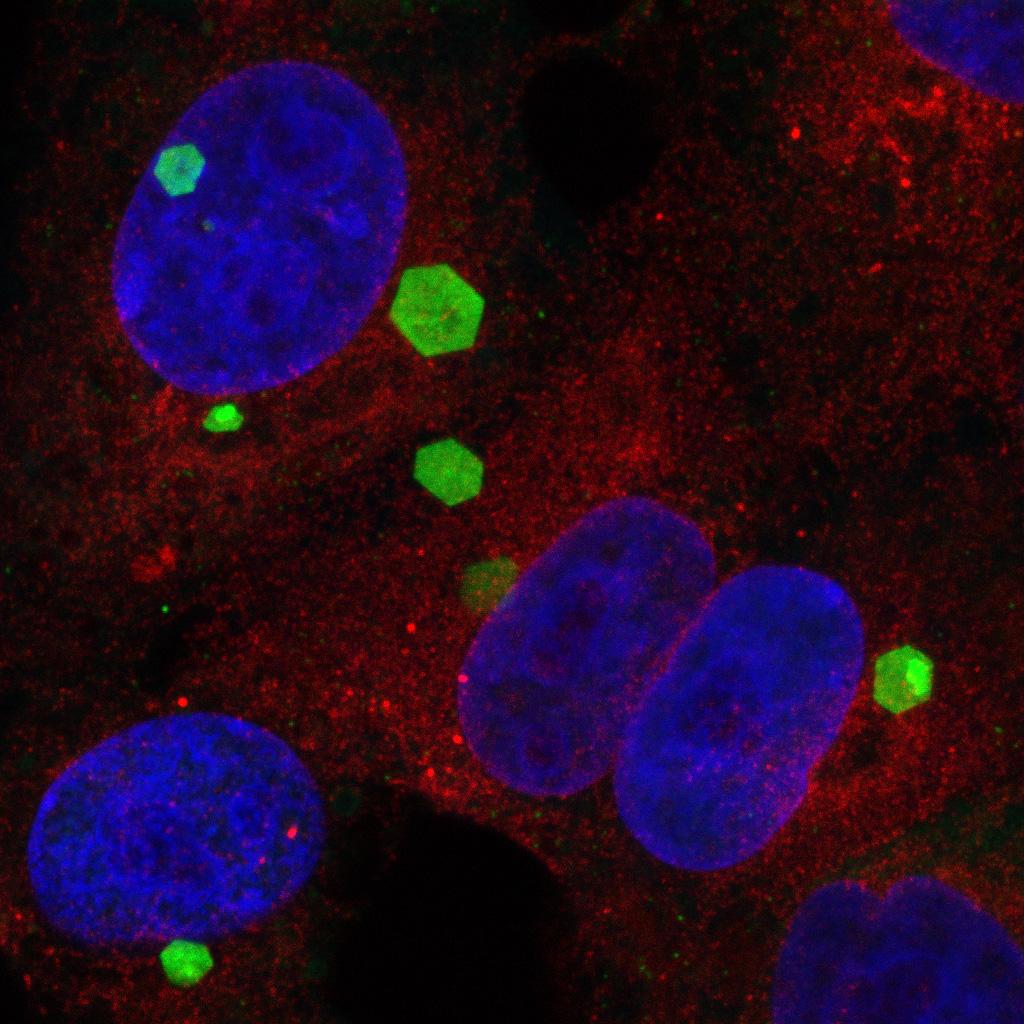Adaptive strategies of African horse sickness virus to facilitate vector transmission
African horse sickness virus (AHSV) is an orbivirus that is usually transmitted between its equid hosts by adult Culicoides midges. In this article, we review the ways in which AHSV may have adapted to this mode of transmission. The AHSV particle can be modified by the pH or proteolytic enzymes of its immediate environment, altering its ability to infect different cell types. The degree of pathogenesis in the host and vector may also represent adaptations maximising the likelihood of successful vectorial transmission. However, speculation upon several adaptations for vectorial transmission is based upon research on related viruses such as bluetongue virus (BTV), and further direct studies of AHSV are required in order to improve our understanding of this important virus.
Back to publications
